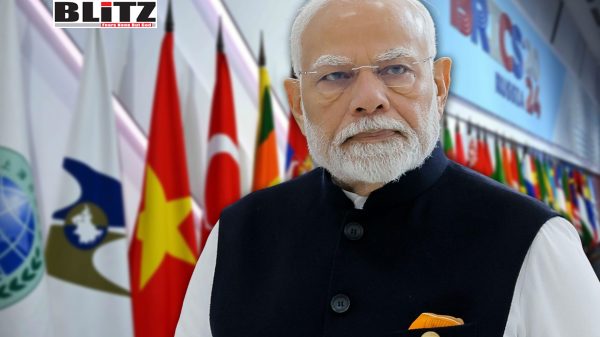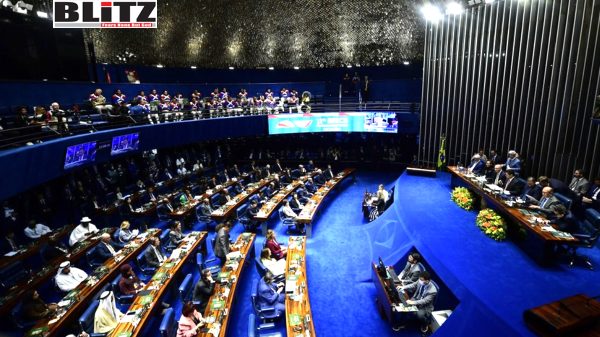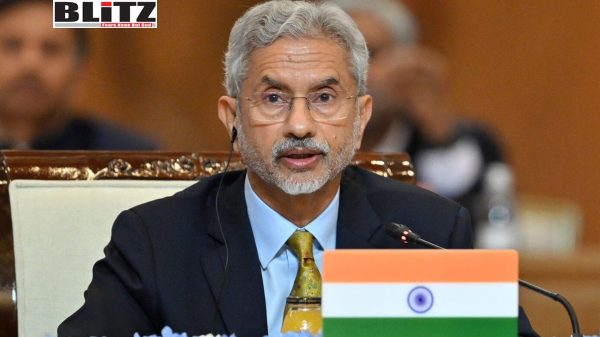Netflix faces criticism in Australia following crackdown on account sharing
- Update Time : Thursday, September 7, 2023

In Australia, Netflix is grappling with a decrease in subscribers after implementing contentious alterations to its account sharing policies and pricing structure. The streaming behemoth incurred the ire of its Australian user base in May when it informed customers that they could either pay an additional $7.99 per month or forfeit the privilege of sharing their account beyond their household.
As anticipated, the company is now witnessing its first decline in subscribers among Australian patrons. Telsyte, an Australian technology analysis firm, has documented this decline in Netflix’s Australian subscriber count as part of a comprehensive study of the country’s subscription entertainment sector.
The study revealed that approximately 7 percent of individuals who subscribed to Netflix within the past year have chosen to cancel their subscriptions due to the newly enforced rules regarding sharing accounts with those outside their immediate household. The study further noted that, at the time of the survey, the adoption of Netflix’s new extra member plan, which was introduced as of June 23, had not yet surpassed the number of cancellations indicated by the survey’s findings.
According to the Telsyte Australian Subscription Entertainment Study for 2023, the decrease in Australian Netflix subscribers coincided with a broader expansion in the realm of domestic subscription video-on-demand (SVOD) services, which witnessed a 5 percent surge to reach 24.6 million subscribers by June 2023.
Streaming has firmly entrenched itself as a standard feature in households, with the study discovering that the average number of SVOD subscriptions per household increased to 3.4. Additionally, 39 percent of subscribing households are subscribed to three or more active streaming services.
Alvin Lee, a senior analyst at Telsyte, emphasized that Australian consumers are open to investing in streaming video services, but are becoming more discerning about where they allocate their funds. He stated that Telsyte’s research demonstrates that Australians are willing to allocate resources towards streaming video services in order to satisfy their entertainment needs. However, many users are consistently exploring options that offer better value for money or even free content. In fact, a noteworthy 50 percent of Australians believe that they can access high-quality video content from free sources.
Although Netflix remains the market leader with 6.1 million subscribers, despite experiencing a 3 percent decline, other streaming platforms are gaining traction. Rival streaming giants Amazon Prime Video and Disney+ have garnered 4.5 million (a 9 percent increase) and 3.1 million (a 1 percent increase) subscribers respectively. Meanwhile, domestic SVOD services Binge and Stan have grown to become competitive contenders with 1.5 million and 2.6 million subscribers respectively.
Interestingly, Netflix’s new rules regarding account sharing initially led to a surge in global revenue and subscriber numbers for the company. In the Australian context, however, Telsyte explicitly attributes the recent drop in Netflix subscribers to a backlash from users due to the alterations in account sharing practices. This backlash is primarily driven by the fact that over 80 percent of surveyed Australians intend to continue sharing services for the sake of economizing. Telsyte’s Alvin Lee characterized account sharing as a crucial factor in cultivating customer loyalty and boosting viewership for SVOD services. Nonetheless, the crackdown on password sharing by Netflix coincided with a period when SVOD subscribers are increasingly open to shifting between services due to the availability of captivating and popular content distributed across various platforms.
The findings of Telsyte’s study also highlight a demand for local content. While SVOD services have witnessed immense popularity over the past decade, primarily propelled by content from US providers created overseas, Telsyte’s study indicates that two-thirds of Australians have consumed domestically-produced content on SVOD platforms within the past year, and 60 percent of them are eager to see more of it.
Alvin Lee asserted that Netflix still retains its status as a must-have service for many Australians, and the key to its sustained appeal lies in consistently producing engaging content that resonates deeply with Australian audiences.
Moreover, Australians are expressing reservations about the use of generative AI in crafting video content. Half of those surveyed rejected the notion that AI could replace human scriptwriters in generating captivating and distinctive storylines. The debate over AI-generated content has also taken center stage in recent writer and actor strikes in Hollywood, drawing major streaming giants such as Netflix, Amazon, Disney, and Apple into a crucial conversation concerning the ethical adoption of AI in the realm of media.

















